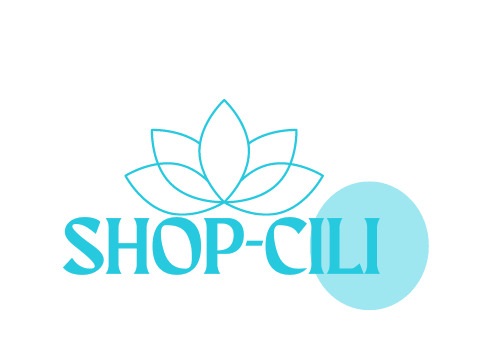Not all academic conferences leave a lasting impression, but one in May 2014 changed my life forever. I travelled from Rochester, New York, to Ottawa, Canada, to attend Nonviolence: A Weapon of the Strong at Saint Paul University.
The conference sought to explore nonviolence across disciplines: gender, ecology, animals, education, music, religion and reconciliation. Over three transformative days, my perspective on life, work and responsibility to the planet shifted irrevocably.
That period was one of intense inner upheaval. The two years following the conference turned my life upside down and brought me to the brink.
Today, my life is far more balanced, but I owe much of who I am to those three days in Ottawa. They inspired a cascade of decisions: I left my dream job at the M.K. Gandhi Institute, founded Gandhi Earth Keepers International, embraced vegetarianism, became a father and joined protests in Ferguson, Missouri alongside the Fellowship of Reconciliation. Each step was a piece of the journey towards alignment with my values.
A trajectory of destruction
The urgency of the conference’s themes resonates even more loudly today. Our world operates on systems of destruction—extraction and exploitation of both the Earth and the intricate webs of life that sustain it. Civilization, for all its achievements, rests precariously on an unsustainable foundation.
The evidence is stark: 90 percent of global fish populations are depleted, 80 percent of old-growth forests are gone and climate instability is accelerating. This is the legacy of a species enthralled by domination over nature.
Thich Nhat Hanh reminds us that our connection to the Earth isn’t abstract but immediate and profound. To love and care for the Earth is to love and care for ourselves. Yet, economic systems relentlessly prioritize growth over balance, consumption over care and profit over preservation. These choices erode the life systems on which we all depend. What endgame could justify this trajectory of destruction?
The roots of this imbalance stretch back millennia, to the dawn of agriculture and humanity’s shift from living in harmony with nature to dominating it. The results are painfully clear: ecosystems decimated, species driven to extinction and the fragility of Earth’s systems laid bare.
The violence isn’t only physical but ideological—a worldview that reduces the natural world to “resources” to be harvested, ignoring its inherent sacredness and the interdependence of all life.
This separation of humanity from nature is a grave error. We’re not apart from the Earth; we’re a part of it. Our relentless drive for power and wealth has placed us in direct opposition to the ecosystems that sustain us. The ego seeks domination; the eco seeks balance. In prioritizing the former, we commit profound injustice to all living beings and, ultimately, to ourselves.
Our systems—economic, political and social—aren’t broken by accident; they were designed to extract and exploit. These structures perpetuate inequality, ecological collapse and environmental degradation. Incremental reform can’t fix what is fundamentally pathological. To address these crises, we must reimagine the very foundations of power, ecology and healing.
A new vision of power
True power doesn’t reside in domination but in interconnection, reciprocity and respect. Gandhi’s principle of non-co-operation with anything humiliating offers a vision of power rooted in harmony. This is power as a collective force—shared, cultivated and used responsibly for the well-being of all. It rejects hierarchies that exploit and instead fosters relationships that nurture.
The dominant view of ecology treats nature as a commodity: resources to extract, and capital to manage. This perspective has brought us to the brink of collapse. A new ecological vision must emerge—one that sees the Earth not as a resource to control but as a community of life to honour and sustain. This worldview recognizes that human flourishing is inseparable from the health of ecosystems. It demands a shift from exploitation to stewardship, from extraction to restoration.
In this vision, sustainability is not a buzzword but a commitment to repairing the cycles that sustain life. It calls for protecting biodiversity, restoring degraded lands and respecting the sacred balance of natural systems. Healing the Earth requires us to embrace regeneration—not just of ecosystems but of our relationship with the planet.
Healing through collective action
Healing the planet is inseparable from healing ourselves and our societies. The systems we’ve inherited must be dismantled and replaced with ones that honour life, justice and sustainability. This is no small task; it’s a radical reimagining of how we live, work and relate to one another and the Earth.
The journey I began in Ottawa a decade ago continues. The lessons of nonviolence, ecology and healing aren’t static; they evolve as we do. To reimagine power is to commit to an ongoing process of transformation—one that prioritizes interconnection over isolation, reciprocity over extraction and collective well-being over individual gain. In doing so, we may yet find a way to live in harmony with the Earth and each other.
«RELATED READ» A SACRED EARTH COVENANT: Honouring our green oasis in 4 distinct ways»
images: George Payne

